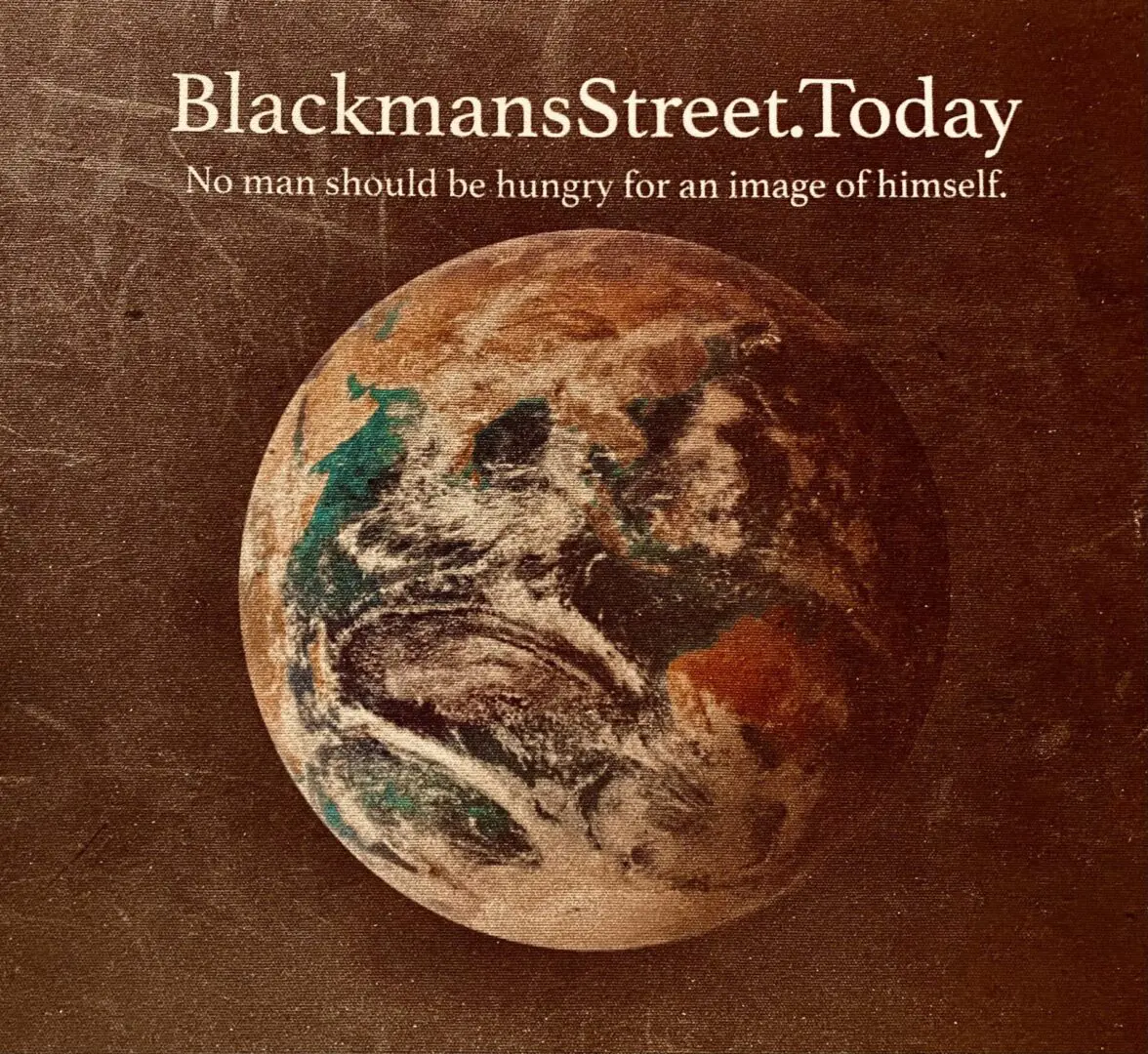Fort Polk changes name from a Confederate general to a Black Medal of Honor recipient
Fort Polk, which was named after Lt. Gen. Leonidas Polk, a Confederate commander who wanted Black people to remain enslaved, has now been renamed Fort William Henry Johnson. Johnson was a Black man and a World War I Medal of Honor recipient.
But Johnson often wondered for whom he was fighting since Black men were called ‘niggers,’ ‘colored,’ ‘Negroes,’ and finally, ‘Blacks.’ Sargent Johnson also knew Black men were considered second-class citizens in the United States even though many of them fought hard overseas.
Johnson also may have been influenced as other Black men were by W.E.B. Du Bois, one the founders of the Niagara Movement which later became the NAACP, to close ranks and “fight for your country” and then for your rights.
Over 700,000 Black men enlisted on the first day of the draft for World War I but were subjected to discriminatory terms, which included just serving Whites.
To get support for World War I in the South, some U.S. Army bases were named after Confederate officers as a sign of reconciliation between the North and the South, according to an article from the Department of Defense.
“It was also the height of the Jim Crow Laws in the South, so there was no consideration for the feelings of African Americans who had to serve at bases named after men who fought to defend slavery,†the article said.
Johnson joined the Army on June 4, 1917.
He was part of a segregated, all-Black New York unit in the National Guard 15th Infantry Regiment, based in Harlem.
It was redesignated the 369th Infantry and became part of the 185th Infantry Brigade. After the joining of the forces, the soldiers were shipped to France. They were known as the Harlem Hellfighters.
The United States refused to have Black and White soldiers fighting alongside each other, and they were forced to change their uniforms in order to fight with the French. As France was severely lacking soldiers to fight in the trenches, the government persuaded the United States to requisition some of their troops.
The French Army assigned Johnson’s regiment to Outpost 20 on the edge of the Argonne Forest in France’s Champagne region.
The soldiers wore French helmets and they were armed with French rifles.

While on observation posts the night of May 14, 1918, Black soldiers came under attack by a large German raiding party.
Johnson and fellow soldier Needham Roberts suddenly came under fire from some 20 German soldiers armed with rifles and grenades.
Johnson and Roberts were both hit but managed to return fire and injure several enemy soldiers.
Roberts was lying on the ground and was in the process of being captured when Johnson, finding himself out of ammunition, knocked out one soldier with his rifle and stabbed two others.
After retrieving the Germans’ grenades, Johnson then attacked the remaining troops and rescued Roberts.
The pair managed to kill four enemy soldiers and injure 28 others.
Johnson’s and Robert’s acts of valor led General John Pershing to praise the “bravery and devotion of two soldiers of color,†in a report.
The Saturday Evening Post published an article written by Irvin S. Cobb titled “Young Black Joe†which was published August 24, 1918 in the magazine.
Johnson returned home in victory with his regiment. The Harlem Hellfighters marched down New York City’s 5th Avenue.
He was hired to speak before American audiences, but he made a terrible mistake by telling the truth. It hounded him for the rest of his life.
Following Johnson’s speech in St. Louis, audience members discussed the abuse of Black soldiers by White soldiers who refused to share trenches with Black men.
Du Bois also changed his mind after realizing the way Black soldiers were being treated. Black soldiers were denied crucial equipment and Black officers were convicted in sham trials, he said.
A warrant was issued for Johnson’s arrest for wearing a uniform beyond the prescribed date of his commission, and the lectures dried up.
He died poor and in obscurity in 1929.
The French government had awarded him the Croix de Guerre, the first U.S. soldier to receive the honor.
Previous efforts to award him the Medal of Honor failed, but on June 2, 2015, President Barack Obama awarded him the nation’s highest honor.
Earlier he was awarded the Purple Heart in 1996 in 2002.
Â
